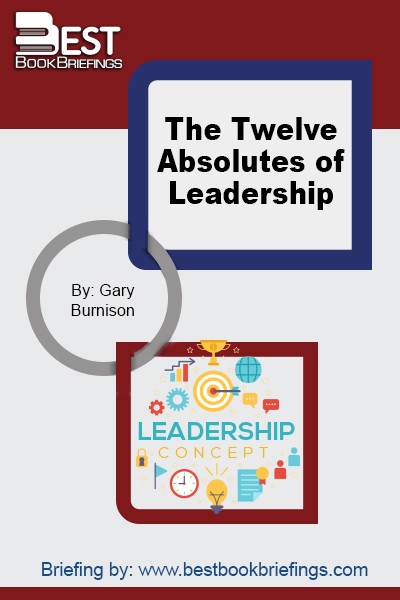The Twelve Absolutes of Leadership
Editorial Review
Leadership is easy to intellectualize, but elusive to actualize. Leadership is part strategy, but mostly judgment. Always it is about grace, confidence, and touch. There are no half measures when it comes to leading others. You must be fully engaged and fully committed, but you must never personalize what is happening around you or even to you. As the leader, you must be cognizant of the past, intensely focused on the present, and constantly scanning the horizon for what the future will bring. Your starting point is the here and now, the results that you realize today. From here, you must execute a strategy to take you there—a point that your team members may or may not be able to see as yet. So how does a leader accomplish all that? The answer lies in twelve absolutes making the essential ingredients for extraordinary leadership. It’s like a chain; each absolute is connected to the one before and morphing into the one that follows. These links represent both competencies and activities that all leaders must possess and master, regardless of their leadership style.
Book Reviews
Books on Related Topics
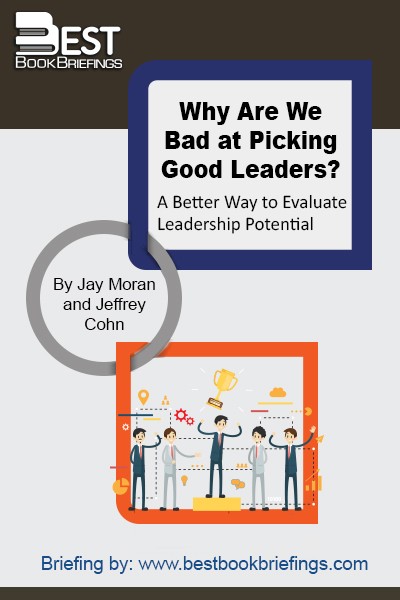
It is difficult to pick good leaders. Time and again, we complain about the quality of the men and women who run our companies, organizations, and governments. We bemoan their incompetence, their detachment, their lack of urgency. Inevitably we get rid of these leaders and move on to the next ones,
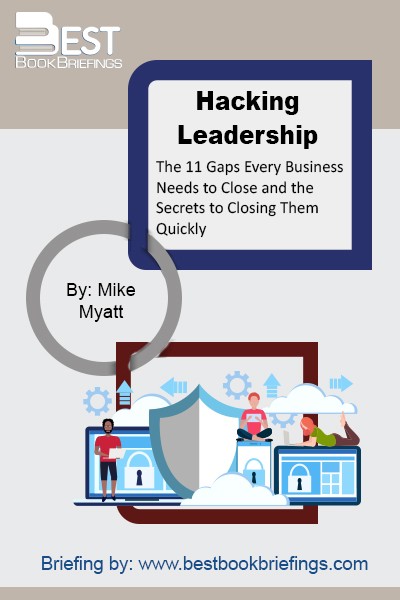
Everyone has blind spots. The purpose of Hacking Leadership is to equip leaders at every level with an actionable framework to identify blind spots and close leadership gaps. The bulk of the book is based on actionable, topical leadership and management hacks to bridge eleven gaps every business needs to cross
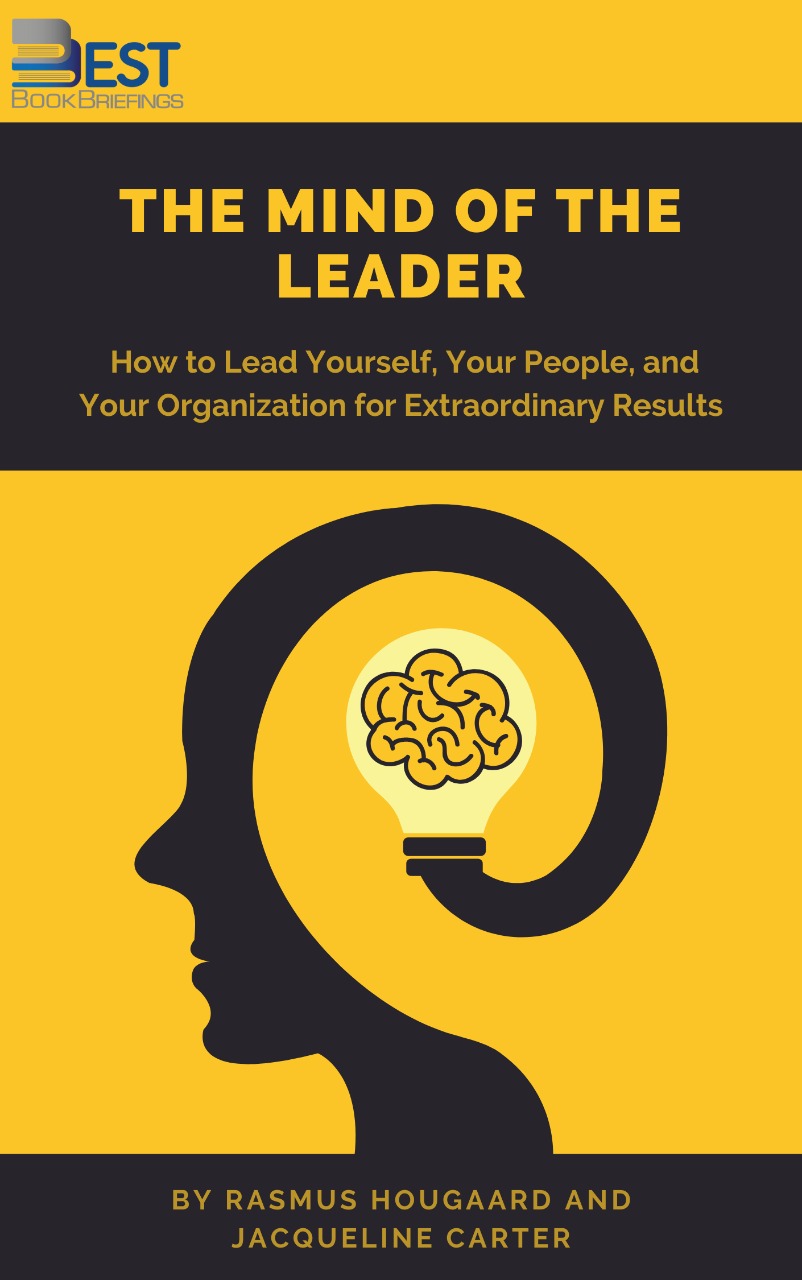
Using real-world inspirational examples from Marriott, Accenture, McKinsey & Company, LinkedIn, and many more, The Mind of the Leader shows how this new kind of leadership turns conventional leadership thinking upside down. It represents a radical redefinition of what it takes to be an effective leader--and a practical, hard-nosed solution to
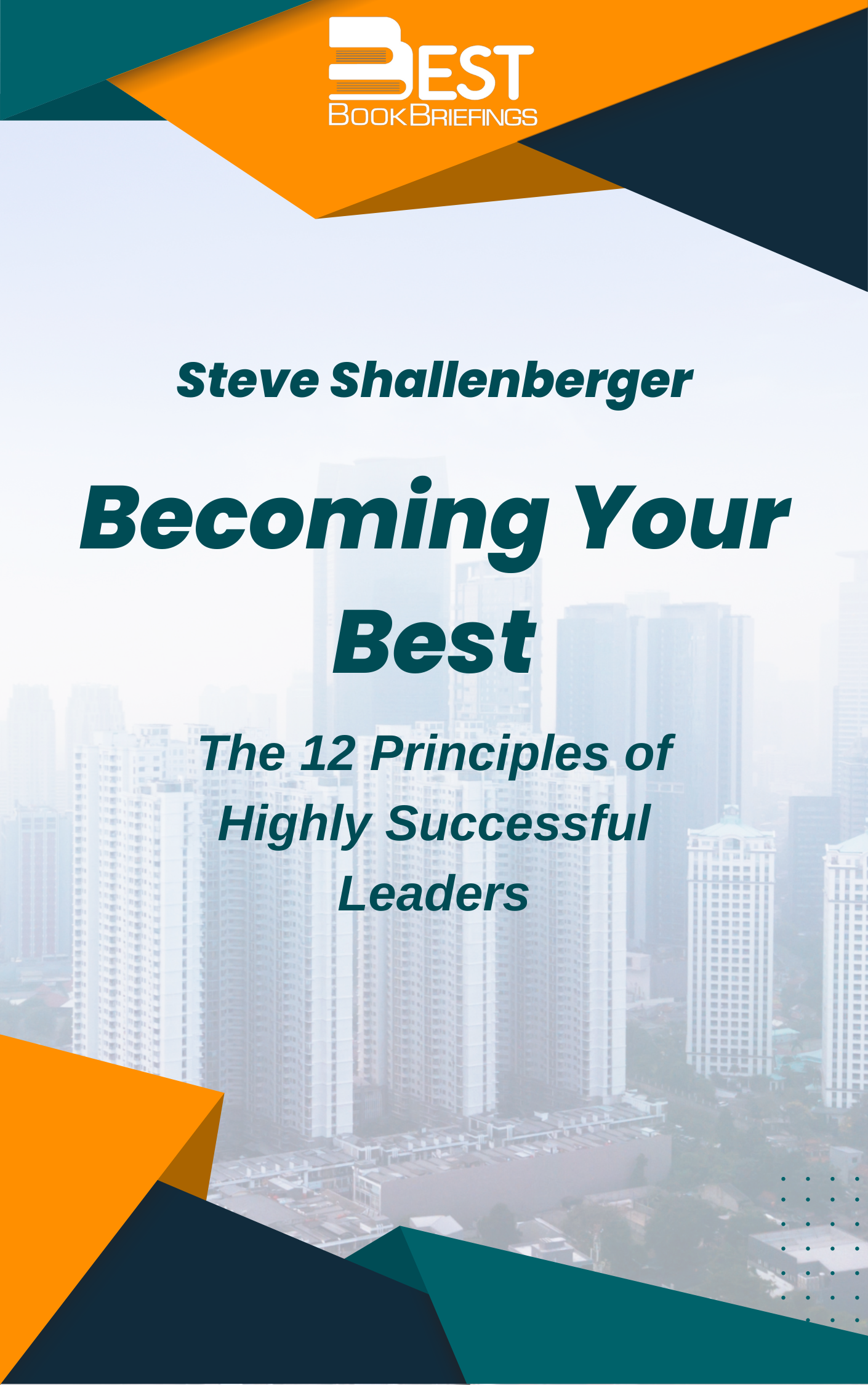
This summary of Becoming Your Best by Steven R. Shallenberger talks about how running a business or department in today’s high-pressure business landscape gets more difficult every year.
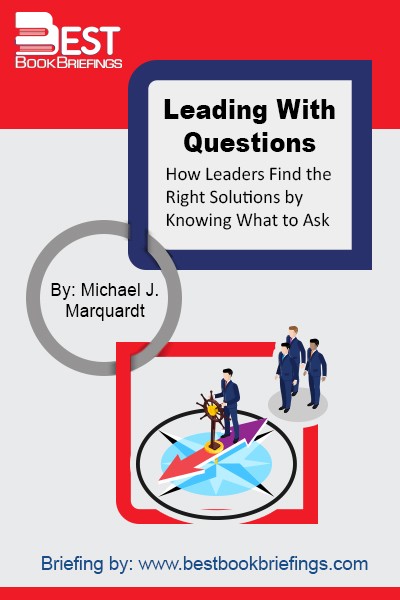
Questions can elicit information, of course, but they can do much more. Astute leaders use questions to encourage full participation and teamwork, to spur innovation and outside-the-box thinking, to empower others, to solve problems, to build relationships with others. Recent research—and the experience of a growing number of organizations—now points to
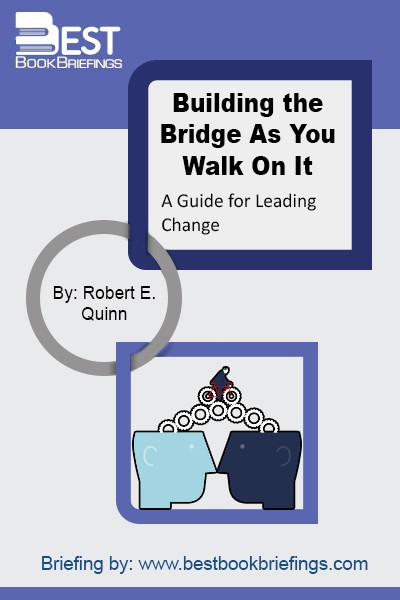
Every human being needs to undergo an intellectual journey that will span the remaining course of their life and help them develop their emotional and character integrity. The idea here is to combine personal change with organizational change. A leader can attain a positive, organizational change only after they engage in
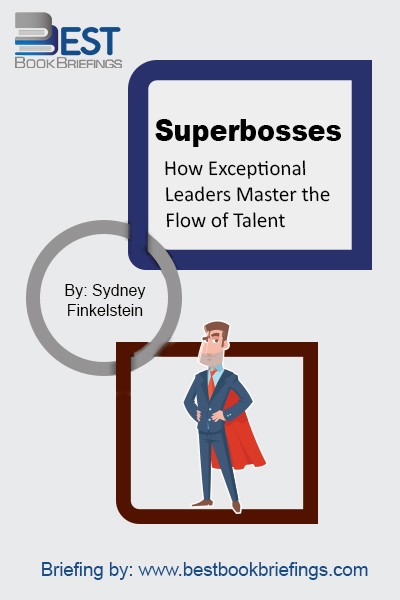
Why do perfectly good companies have to die? They don’t. Companies can avoid or overcome almost any business challenge with the right talent. It’s when organizations don’t regenerate their talent—and with it their supply of new ideas, approaches, and solutions—that they flounder. The wisdom of talent spawner—whom we call superbosses—isn’t merely
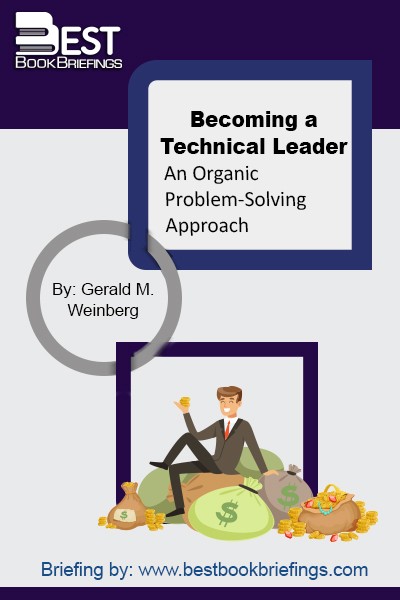
You may not consider yourself a leader, but if you take some time thinking about your daily activities, you might discover that you are. Don’t believe? Here are some examples that may convince you: If you are good at your job to the extent that your co-workers ask for your advice,
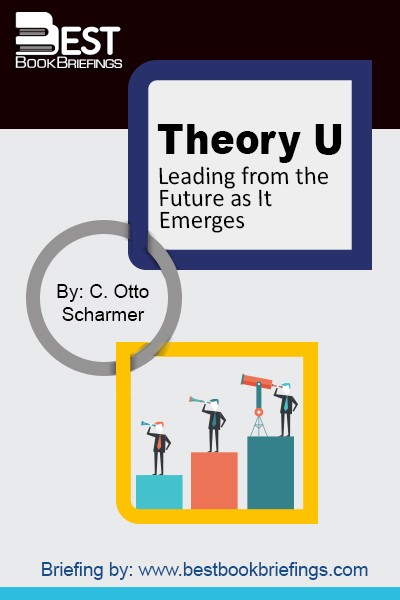
It is said that the greatest of all human inventions is the creative process, how we bring forth new realities. Understanding the creative process is the foundation of genuine mastery in all fields. This knowledge is deeply embedded in the creative arts and, though rarely spoken of, defines those moments where

